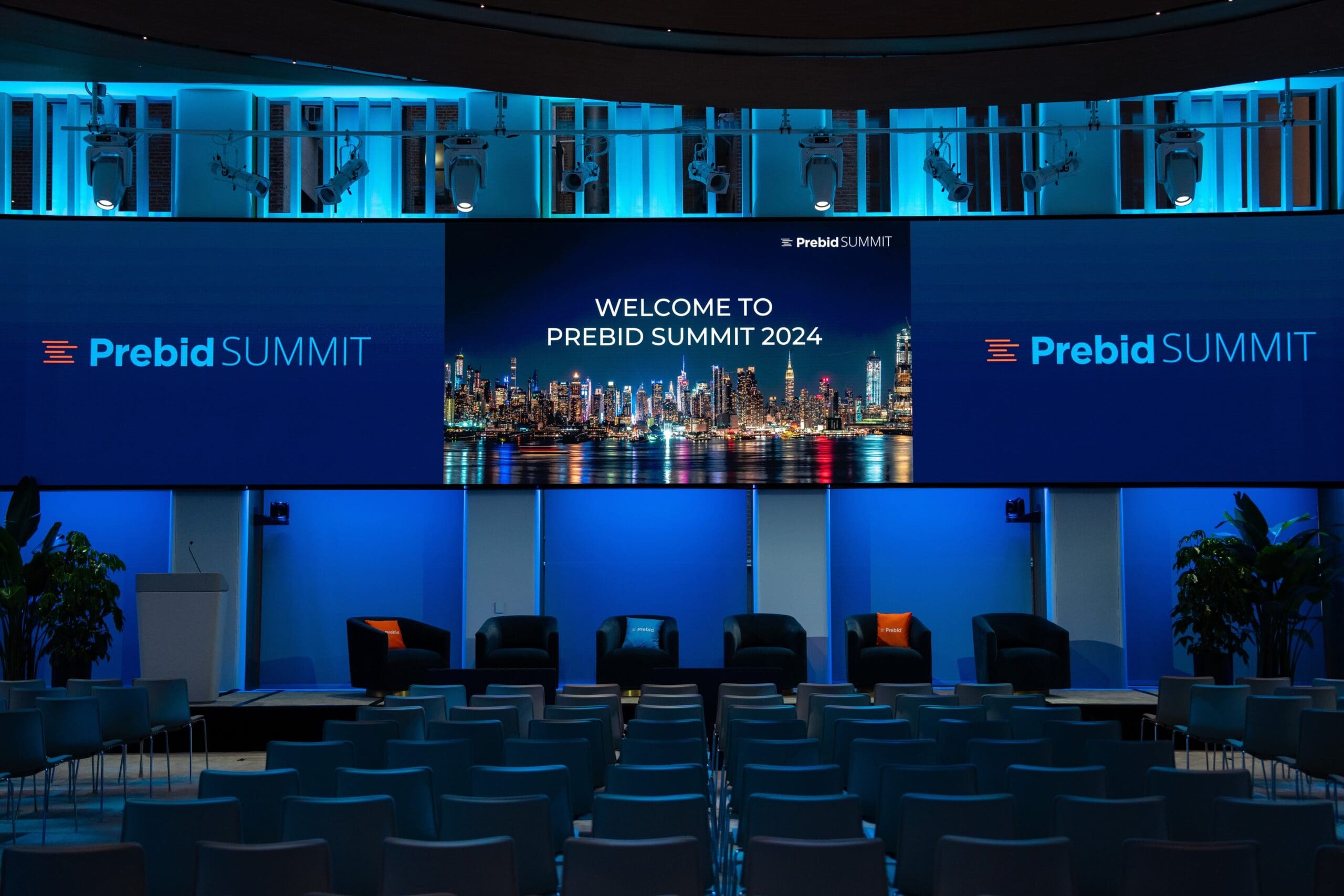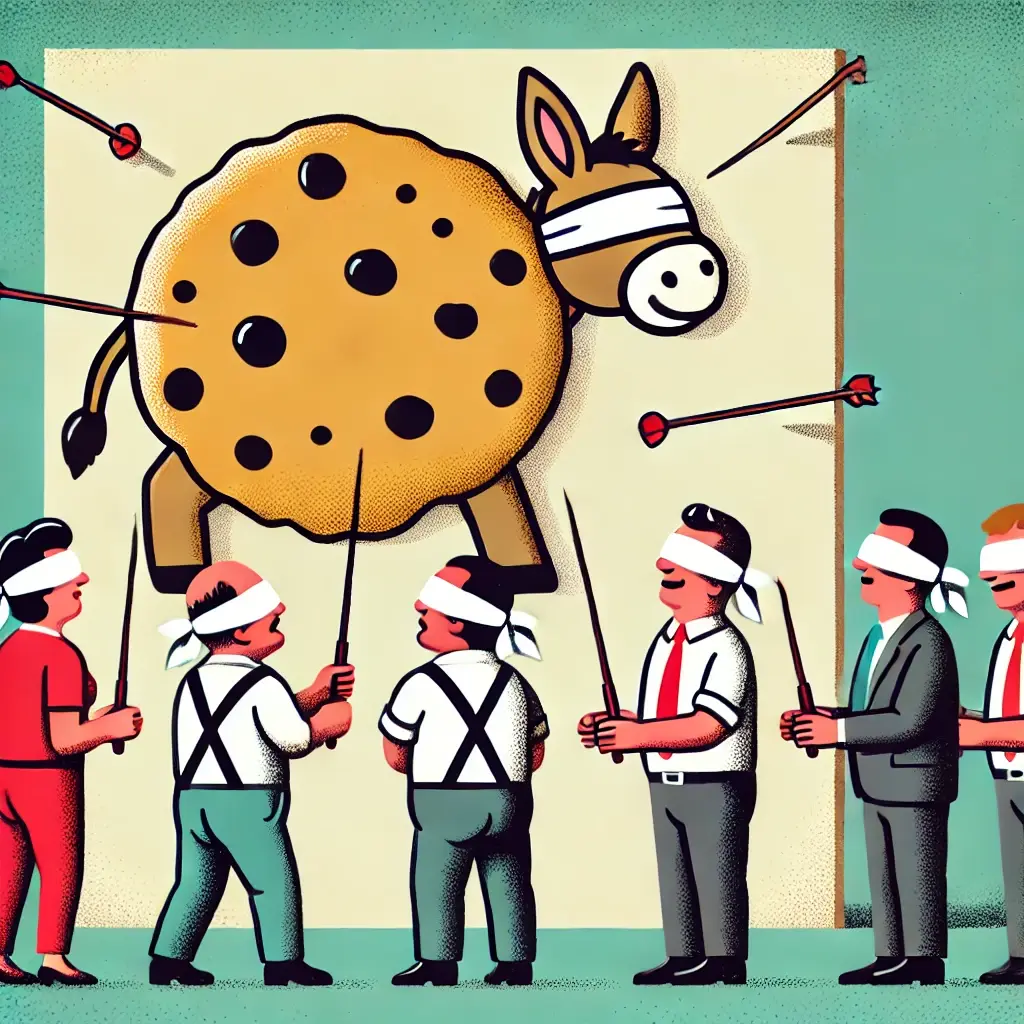Many of our publisher partners are asking us about the potential impacts of generative AI like ChatGPT, particularly as it relates to publishers’ ability to monetize their owned content.
There are many things to consider. Here are a few:
Impacting Traffic From Search
Since generative AI is going to be deployed in search – ChatGPT in Bing and Google’s Bard – publisher content will be part of a dataset digested and regurgitated in query results. While Bing’s AI-generated search results source content in the form of linkable subscript, publishers are concerned that search users will be less likely to click on these minimized links.
Potential for Impacting Revenue
If search users are not clicking directly on the publisher content that is sourced in query results, there may be a decline in traffic from search. Of course, a decline in search traffic may result in a decline in potential ad revenue for publishers.
How Publishers Are Using ChatGPT
Many publishers are using ChatGPT to draft articles about trending topics, which may eliminate the time it takes to produce meaningful content. Publishers should use caution when using AI for content generation since Google is likely to penalize this type of content in search engines. If you do use ChatGPT for content ideation, make sure that you fact-check and edit the query result prior to posting to avoid negative consequences.
How Publishers Can Fortify Their Position in the New Internet
Focus on what you can control: optimize your programmatic advertising so that you’re extracting maximum value from users. First-party data practices will ensure you’re able to own your audience outside the walled gardens of Google and Meta.
Adapex is always here to help and can help you navigate cookie alternatives and data monetization to increase the value of your audience and amplify revenue.













